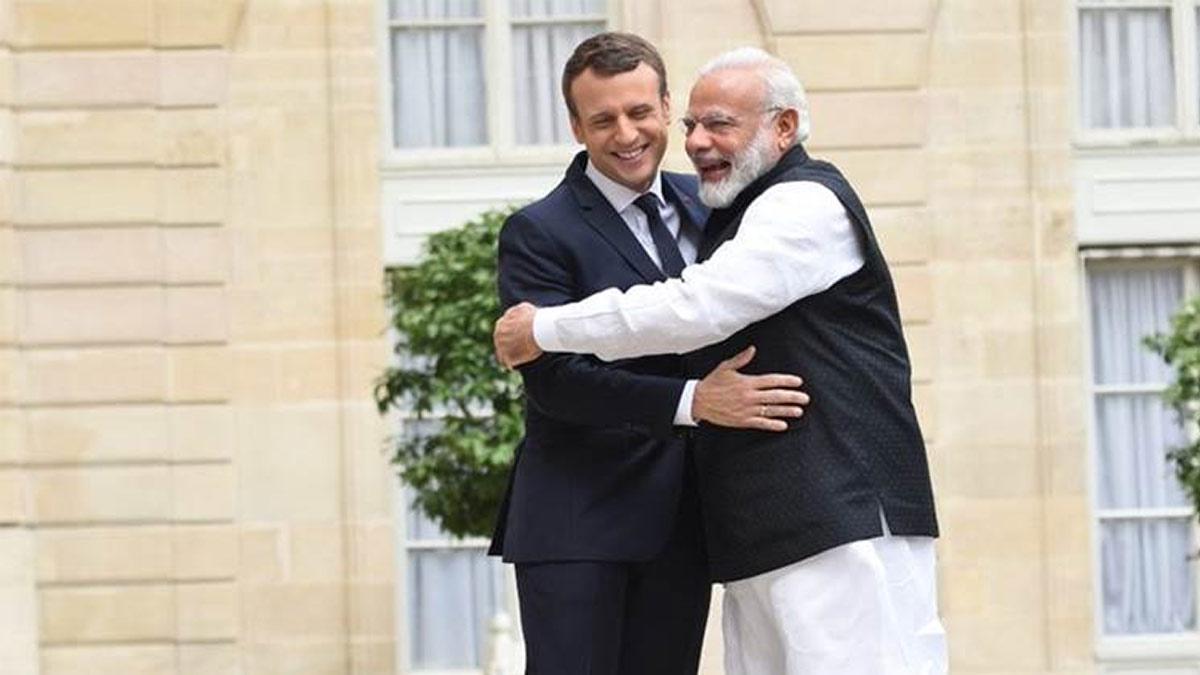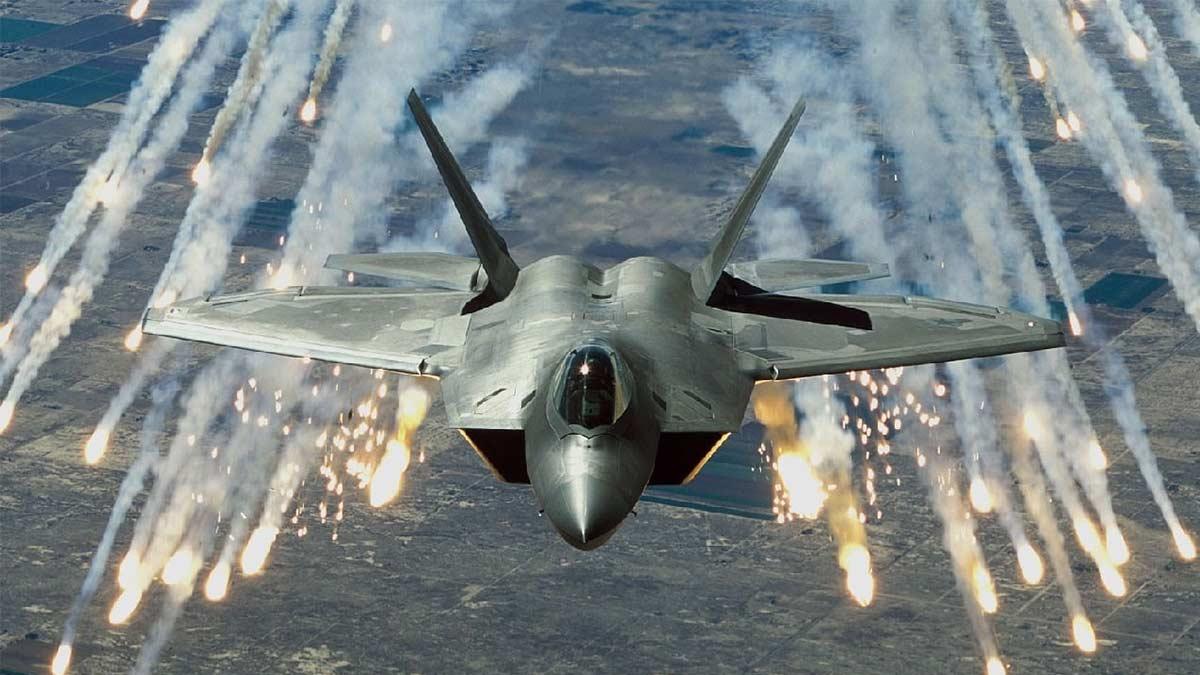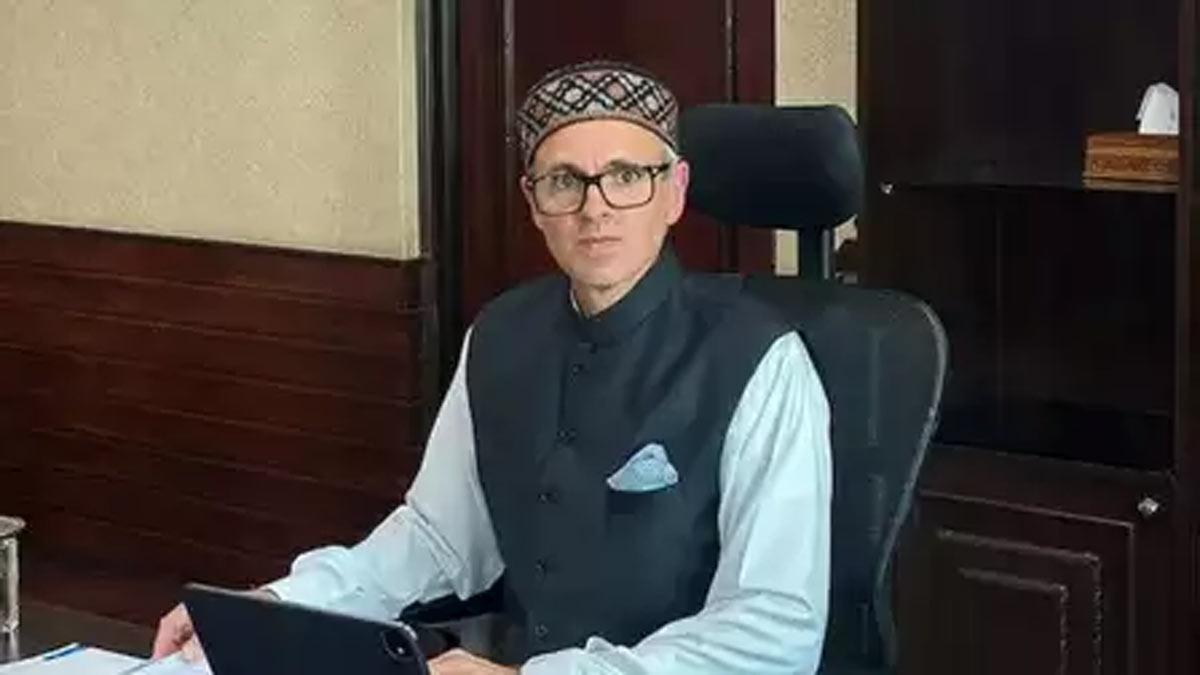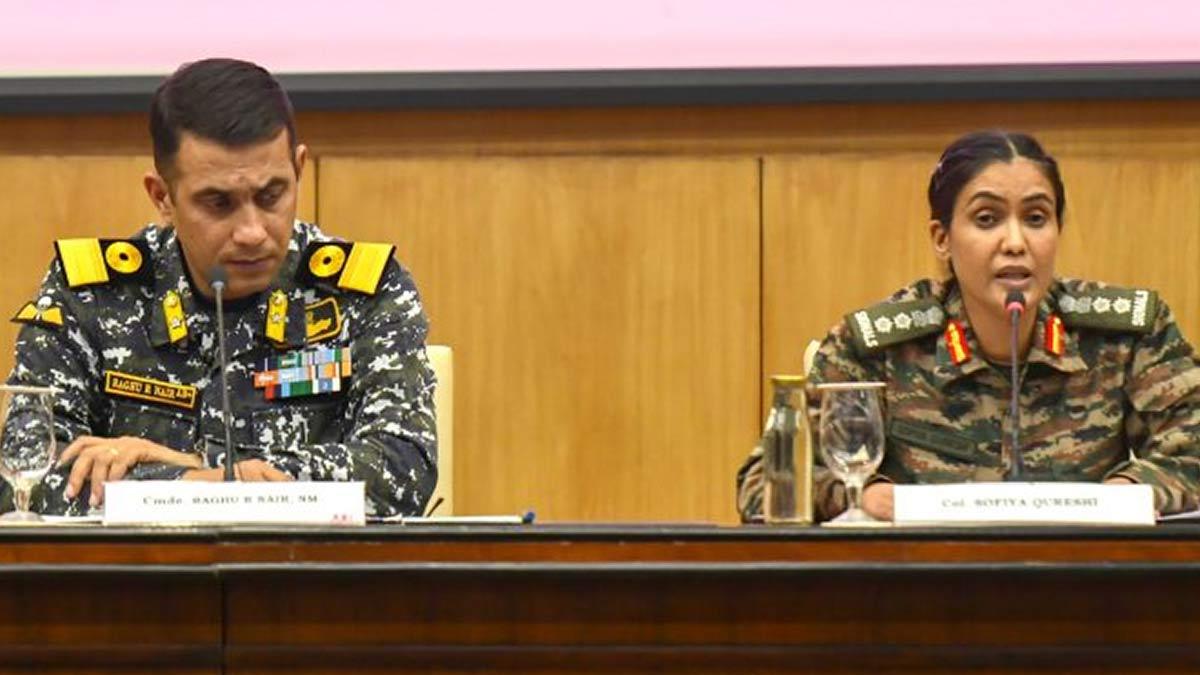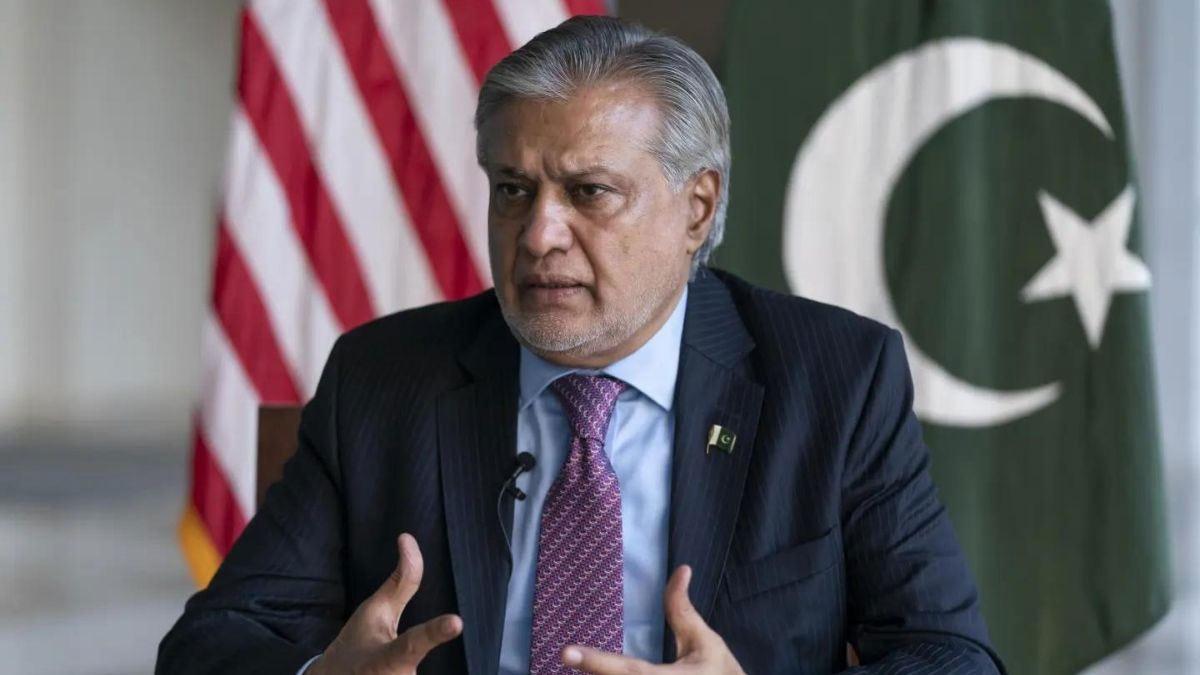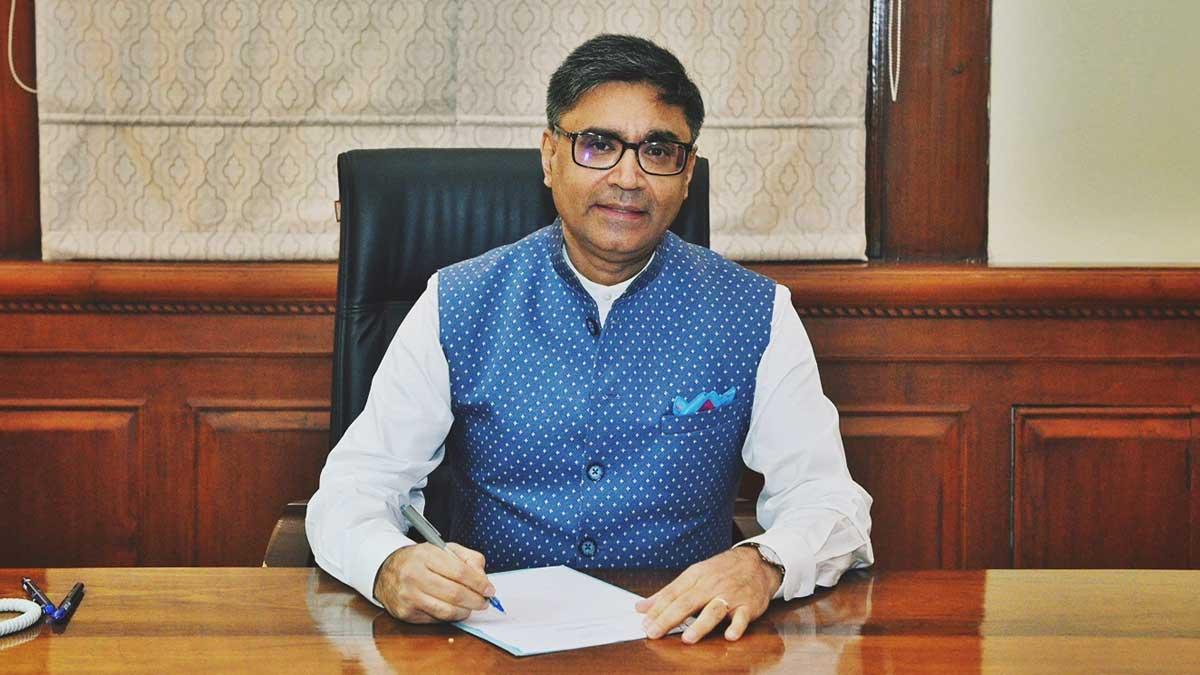In spite of continuing geopolitical and security tensions in the region, India is still working with "selected partners" on the ambitious India-Middle East-Europe Economic Corridor (IMEC), Foreign Secretary Vikram Misri said.
His remarks came on the eve of Prime Minister Narendra Modi's forthcoming visit to Saudi Arabia on April 22–23.
Misri commented that IMEC discussions will top the agenda when PM Modi takes his two-day trip. He had hoped for better momentum of the project within the near future due to mutual collaborations between the original signatory members and expected new entrants.
"Political and security in the regions appears like progress of IMEC has come to a standstill, but India has talked to chosen partners and shared perspectives on what has to be done. We don't necessarily have to wait for the security situation to fully calm down for work to begin on IMEC," Misri said, emphasizing that regional instability should not hold back forward movement on the initiative.
The IMEC was first announced on the periphery of the G20 Leaders' Summit in September 2023. Indian, European Union, French, German, Italian, Saudi, United Arab Emirates, and United States leaders signed a Memorandum of Understanding (MoU) committing collaboration on the growth of this cross-continent corridor. The proposal for two major corridors — an eastern corridor between India and the Gulf, and a northern corridor between the Gulf and Europe — was envisaged.
Misri admitted that soon after the agreement, other regional crises imposed an urgent imperative on the partner nations, thereby postponing preliminary work. He stressed, nevertheless, that bilateral and multilateral talks have continued to determine the corridor's outline and determine what needs to be done for substantive progress.
"After the signing of the framework understanding on IMEC in September 2023, all partners had an urgent regional situation to address.". It implied that the type of groundwork that was anticipated between all the partners was not possible to start at once. That is not to say, however, that individual nations or clusters of nations included in the initial agreement have not debated or participated on what the parameters of the agreement will be and what type of work will need to bring about progress under this agreement," he said.
Imagined as a strategic infrastructure project, IMEC seeks to develop a secure and efficient ship-to-rail network connecting Asia, the Middle East, and Europe. The corridor is designed to complement current sea lanes and enhance regional connectivity. It is hoped that it will improve trade efficiency, reduce costs, ensure supply chain security, enhance economic cooperation, create jobs, and mitigate greenhouse gas emissions — all to effect a grand shift of interregional integration.
Emphasizing the strategic importance of infrastructure development connected to the corridor, Misri further said, "A lot of the work that has been done on some of the missing links of infrastructure in the IMEC corridors is work that makes sense for many of those countries to do, whether or not those links are ultimately included in IMEC, because they have national relevance and national salience as well.
Meanwhile, Union Commerce and Industry Minister Piyush Goyal, earlier in the week delivering a speech at the IMEC High-Level Roundtable on Connectivity and Economic Growth in New Delhi, lauded the initiative as a game-changer for the world. He termed it as a symbol of leadership by partnership between India, the Middle East, and Eastern Europe.
Goyal emphasized that IMEC is more than a mere trade corridor, equating it with a new Silk Route that would promote partnership, inclusion, and regional synergy.
It will lower logistics costs by as much as 30 per cent, cut transportation time by 40 per cent, and establish seamless trade linkages between continents," Goyal said. "We will not just be connecting trade; we will be connecting civilizations and cultures — from Southeast Asia to the Gulf, from the Middle East to Central Europe.
Read also| Centre Assures SC of No New Waqf Appointments or De-Notification Under Waqf Act

